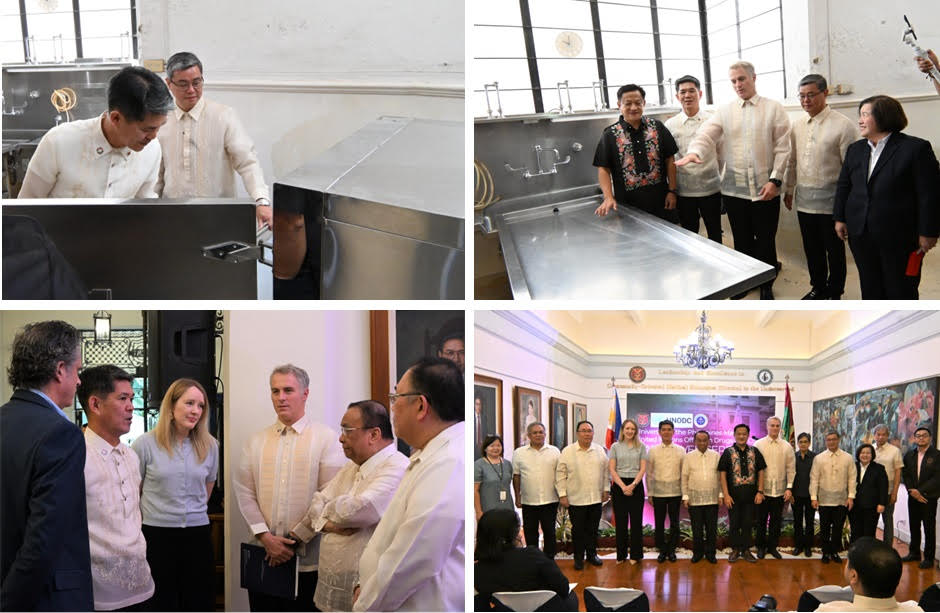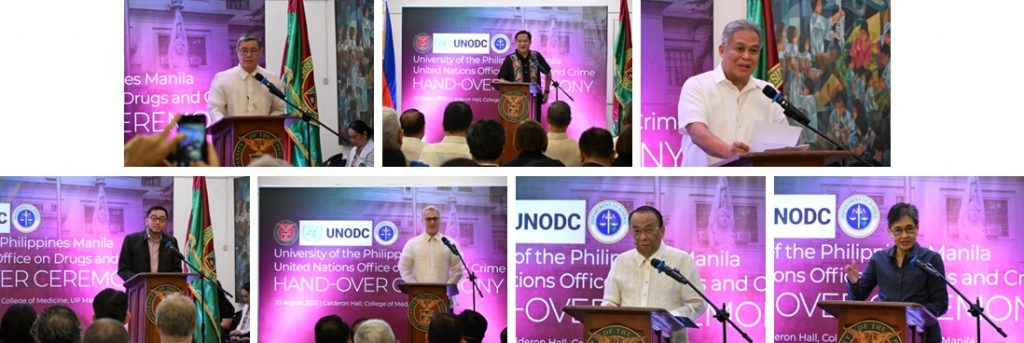Japan backs justice reforms, equips new PH forensics institute
The Government of Japan has turned over forensic equipment to the newly established National Forensics Institute (NFI) within the University of the Philippines (UP) College of Medicine, a move expected to bolster the country’s capacity to investigate deaths in custody and reinforce adherence to international human rights standards.
The donation, handed over on August 20 by Japanese Ambassador Kazuya Endo, forms part of the “Institutional Investigation of Custodial Deaths Support Project,” funded through Japan’s contribution of about US$133,000 to the United Nations Office on Drugs and Crime (UNODC). The project, implemented over the past two and a half years, aims to help the Philippines establish a framework for conducting credible autopsies in custodial death cases.

In a news release, Ambassador Endo said this donation marks the first tangible contribution by the Government of Japan to support the establishment of the NFI, noting that the institute was created to strengthen the forensic capabilities of law enforcement and judicial authorities.
The ambassador added that the handover “represents the culmination” of Japan’s cooperation with the UNODC to help the Philippines investigate custodial deaths more transparently.
The NFI has also worked with the Department of Justice (DOJ) to draft a custodial death management policy. The improvements in forensic capacity are expected to reinforce this policy and strengthen public trust in the justice system.

The move comes as the Philippines continues efforts to align its criminal justice system with international human rights obligations, following years of criticism over extra-judicial killings during the Duterte administration’s “war on drugs.” Thousands of deaths of persons deprived of liberty (PDLs) and suspects were linked to police operations under that period, with investigators citing a lack of credible forensic investigation into potential unlawful deaths.
Last year, Justice Secretary Jesus Crispin Remulla, UP Manila Chancellor Michael Tee, and UNODC Country Manager Daniele Marchesi signed a declaration of cooperation to strengthen procedures in investigating PDL deaths. The declaration adopted the Nelson Mandela Rules and the Minnesota Protocol as guiding frameworks for ensuring that custodial deaths are investigated thoroughly and with respect for human dignity.
“Our collaborative efforts with UP and the UNODC will be vital in ensuring that even our dead PDLs will be given justice, dignity, humane treatment and respect,” Remulla said then.

Forensic experts, including UP physician Dr. Raquel Fortun, have underscored that thorough autopsies not only rule out foul play but also reveal lingering health crises such as tuberculosis in correctional facilities. Bureau of Corrections chief Gregorio Catapang Jr. likewise welcomed the protocols, saying these will bring more transparency and respect for the rights of inmates, even in death.
By anchoring forensic investigations in international best practices, officials hope to shed the country’s past reputation for impunity and show a stronger commitment to human rights. The establishment of the NFI, together with Japan’s support and UNODC’s technical assistance, is seen as a critical step in restoring public confidence in the rule of law.


No comments: